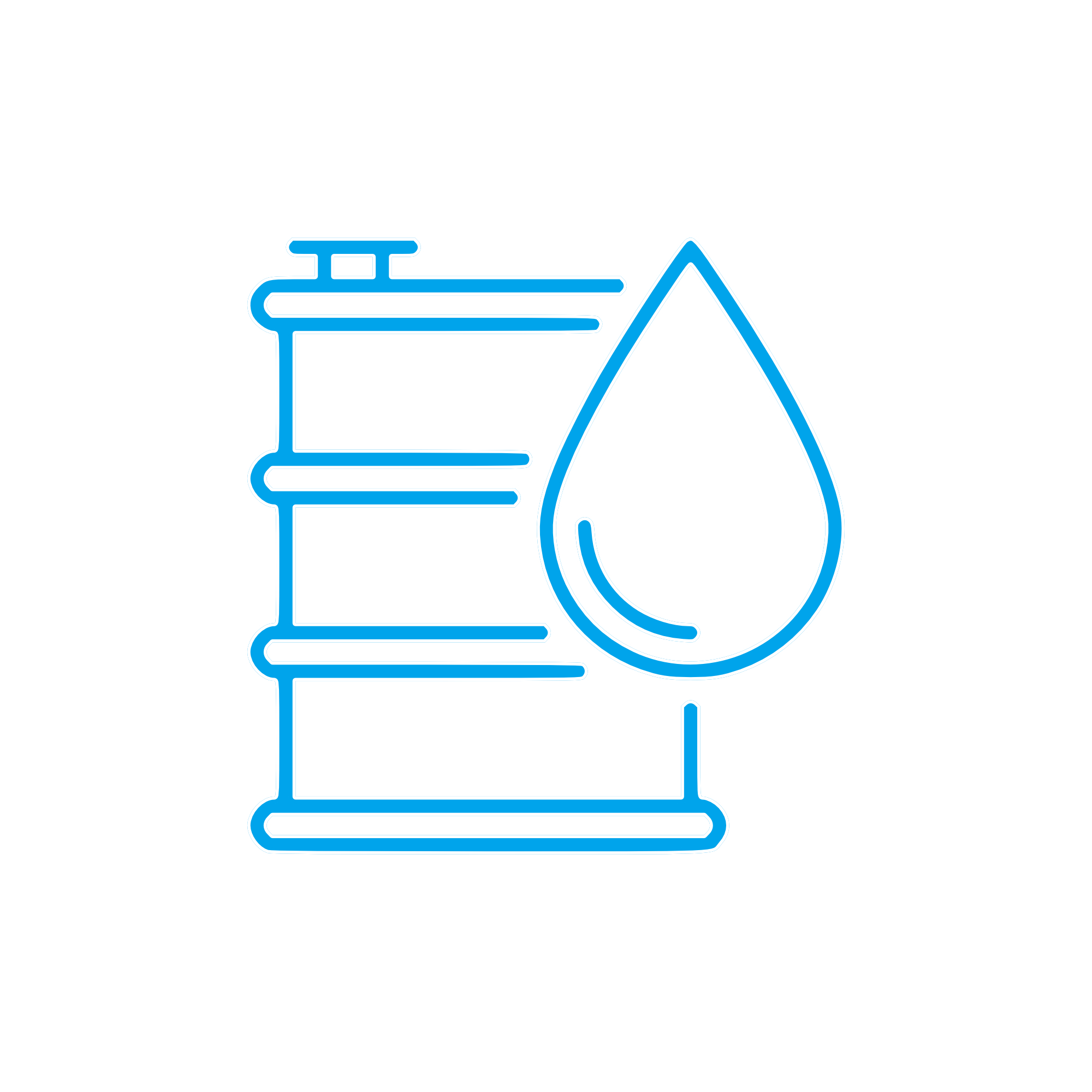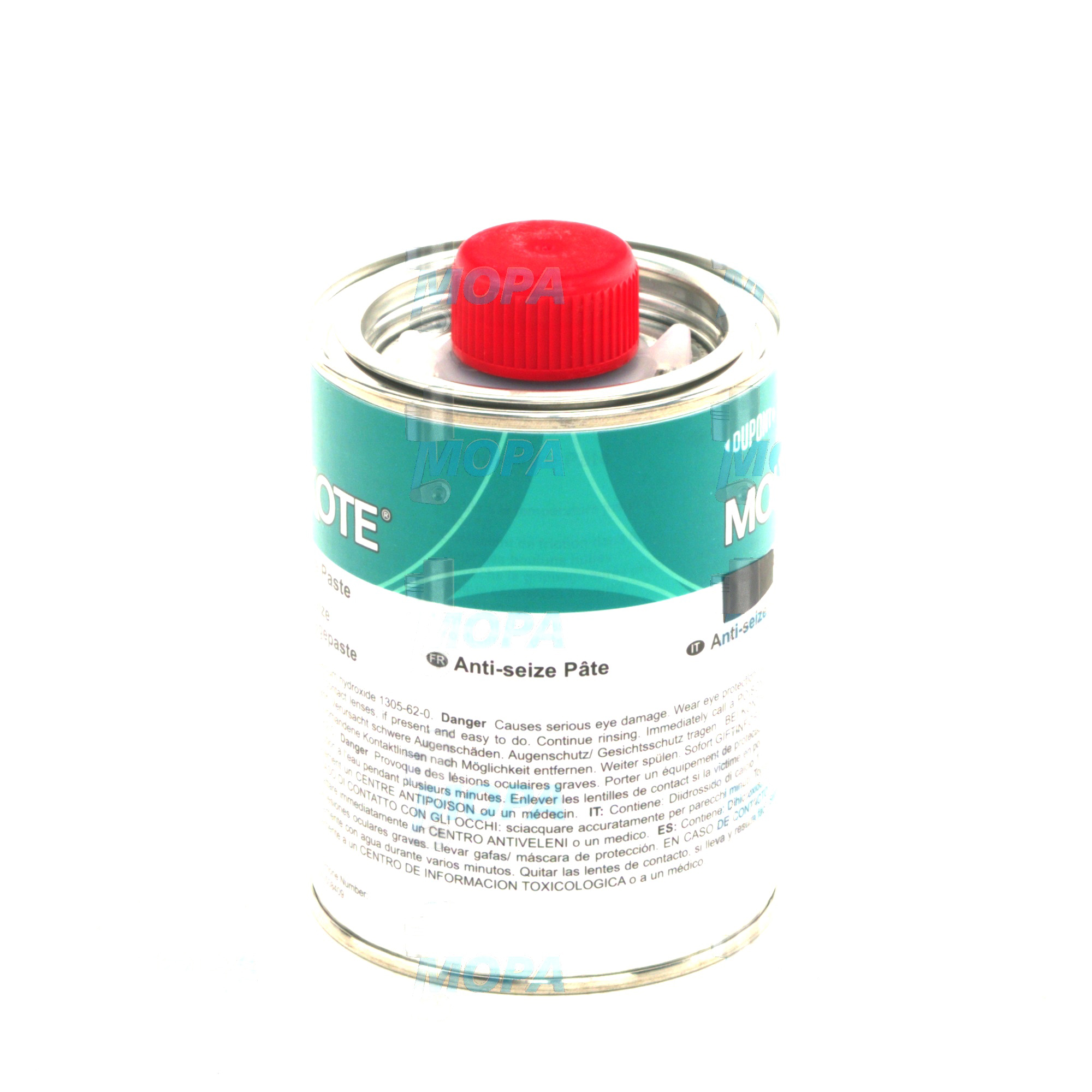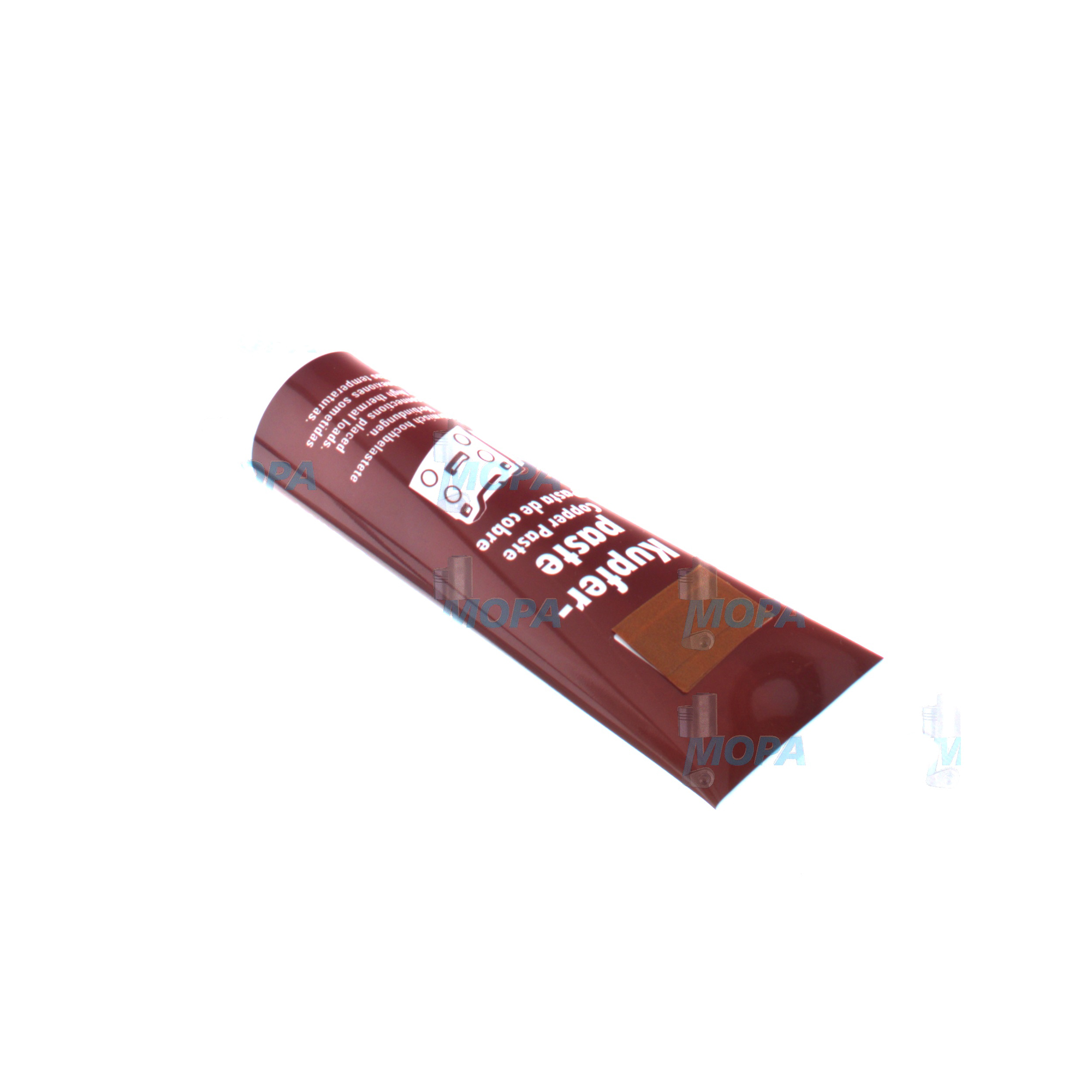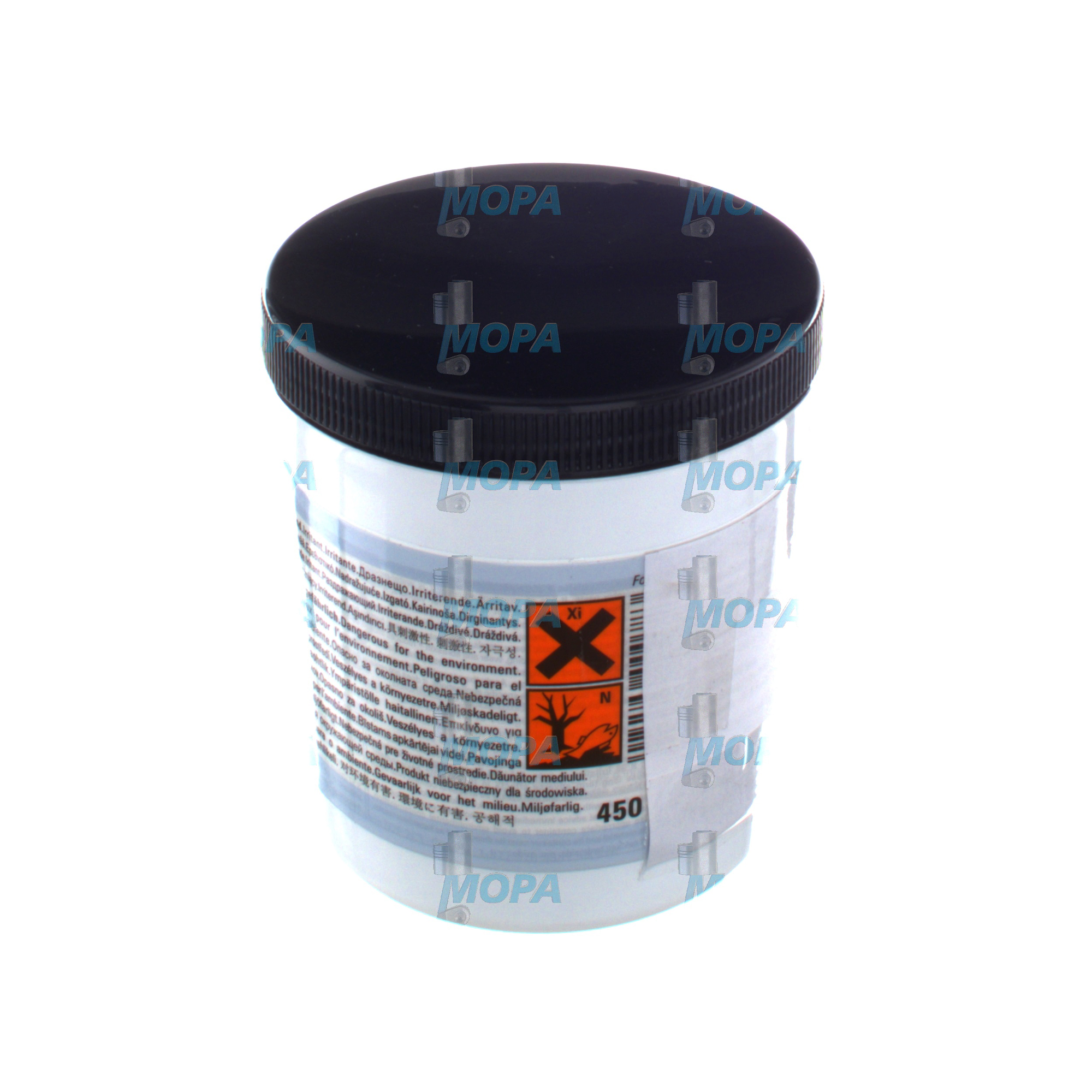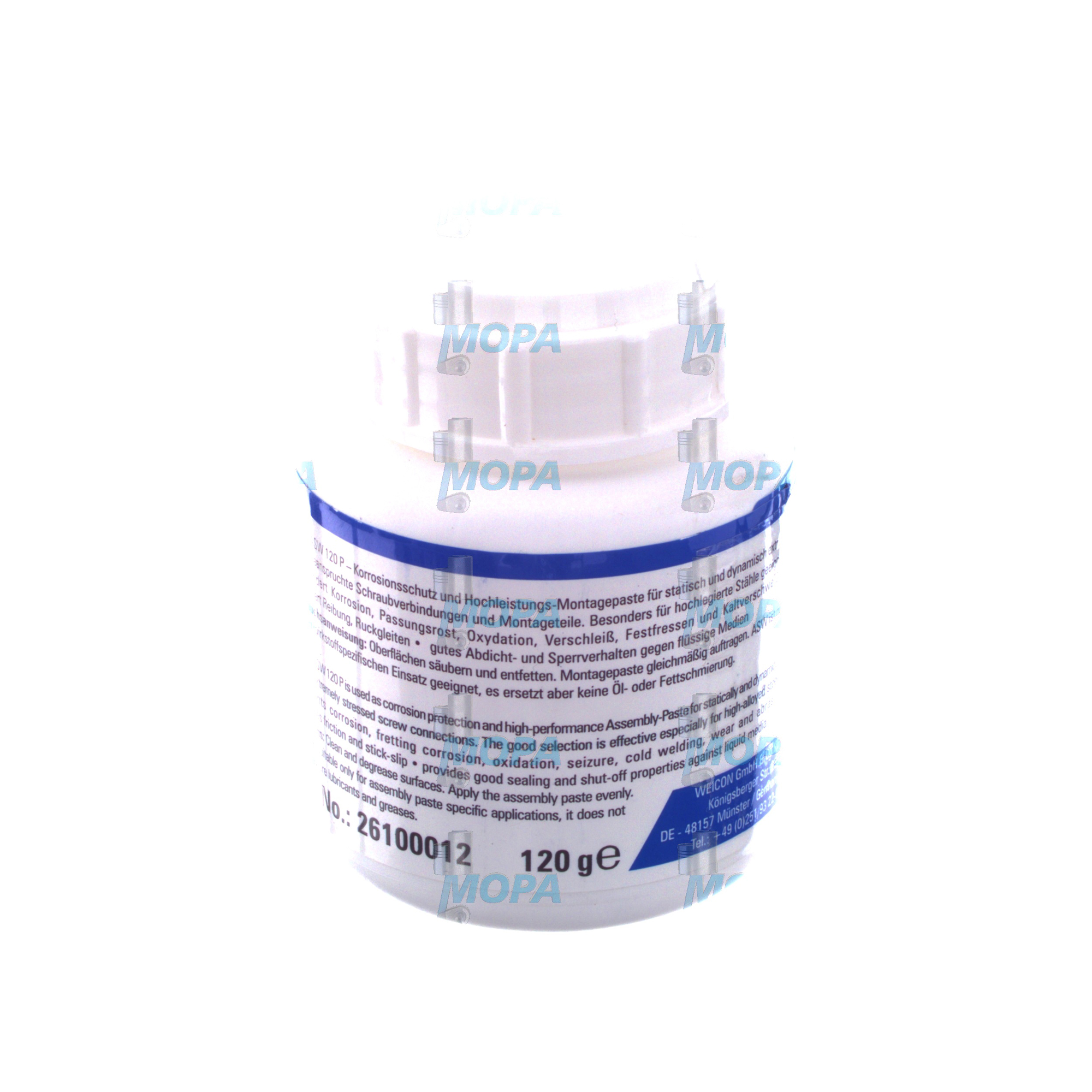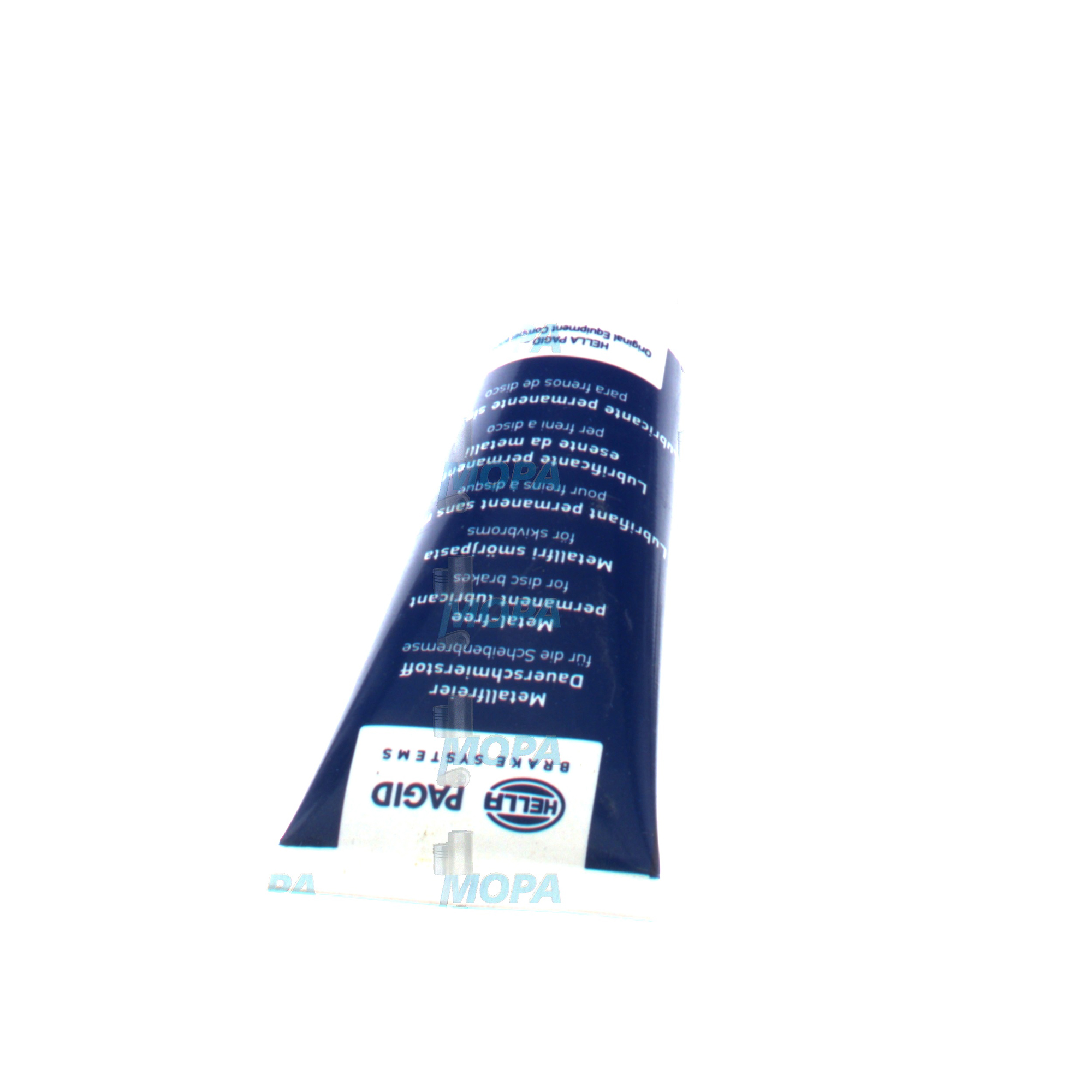ASSEMBLY PASTE in Liquids, chemicals and adhesives for high‑demand engines
Liquids, chemicals and adhesives form the invisible backbone of every professional engine program. They are not hardware components, yet they directly determine how well metallic parts interact under extreme pressure, temperature, and vibration. From lubricating and cooling to sealing, bonding, cleaning, and preserving, these specialized formulations keep diesel and gas engines reliable and efficient throughout the service life. Within this category, ASSEMBLY PASTE is a core helper during engine build and overhaul, ensuring precise torque, preventing galling, and enabling safe, damage‑free disassembly after long operating hours—especially in harsh marine environments.
For purchasers, shipowners, and technical decision‑makers, the right portfolio of liquids, chemicals and adhesives means reduced downtime, predictable service windows, and stable performance. Whether outfitting a fleet or managing a single power plant, engineered chemistry is as critical as the metal it protects.
Technical function of Liquids, chemicals and adhesives in a diesel engine
In day‑to‑day operation, each product group within Liquids, chemicals and adhesives fulfills a clear technical function. Engine oils manage friction and wear through hydrodynamic and boundary lubrication. Coolants carry heat away, control cavitation at wet liners, and stabilize metallurgy. Sealants and anaerobic adhesives close micro‑gaps at flanges and threads to prevent oil, fuel, and air leaks. Cleaners remove deposits and assembly residues, improving heat transfer and sensor accuracy. Corrosion inhibitors protect ferrous and non‑ferrous metals in storage and seasonal lay‑up.
ASSEMBLY PASTE is indispensable whenever torque, preload, or sliding fits must be accurate. In a diesel engine, friction coefficients at threads and bearing surfaces directly influence the tension achieved at head bolts, main bearing caps, and turbocharger studs. Using the correct ASSEMBLY PASTE for marine engine overhauls ensures repeatable friction behavior, prevents micro‑welding and fretting, and protects against seizing at high temperatures. Solid‑lubricant pastes (e.g., MoS₂, graphite, ceramics, copper or nickel systems) create stable low‑shear films that remain effective where oils would burn off. The result is consistent clamping forces, reduced fastener scatter, and safer service interventions.
Equally important, compatibility is key: sealants must resist fuels and coolants; adhesives must not poison catalysts; cleaners must not attack elastomers; and pastes must align with the base metals and temperature range. Correctly specified ASSEMBLY PASTE for diesel engine and gas engine fasteners eliminates overstress, thread damage, and warped components caused by dry torque application. When paired with OEM parts, the paste delivers friction values that match published torque‑tension data, making installations verifiable and repeatable.
- · Precise torque and preload under real operating conditions
- · Stable friction coefficient for consistent fastener tension
- · High‑temperature resilience on turbochargers and exhausts
- · Corrosion protection during long service intervals
- · Chemical compatibility with seals, alloys, and coatings
- · Easier disassembly, lower risk of torn threads or galled fits
- · Cleaner joints and improved sealing reliability
- · Reduced downtime and predictable maintenance planning
Why Liquids, chemicals and adhesives matter for reliability and service life
The wrong chemistry—or none at all—can compromise engines far faster than wear on the rotating parts. Inadequate coolant inhibitors accelerate liner pitting and cavitation. Incorrect sealant selection leads to air ingress on the suction side of fuel systems, misfires, and oil contamination. Using general‑purpose grease instead of a dedicated ASSEMBLY PASTE for marine engine studs allows torque scatter to widen, potentially warping cylinder heads or overstressing bolts. In exhaust systems, dry assembly invites seizure; later removal can crack manifolds or damage turbo housings.
Chemistry also affects long‑term cleanliness. Detergent and dispersant balances in cleaners and oils influence deposit formation on piston crowns and ring lands, while aggressive solvents can degrade elastomers, sensors, and paint. In gas engines, silicone‑rich sealants may harm catalysts and oxygen sensors; in diesel engines, incompatible anti‑seize can interact with high‑temperature alloys. Selecting the right Liquids, chemicals and adhesives keeps interfaces stable, preserves clearances, and supports tight emissions compliance by preventing leaks and drift.
Advantages of OEM spare parts suitable for Liquids, chemicals and adhesives
When parts and chemistry are engineered together, performance becomes predictable. OEM spare parts suitable for Liquids, chemicals and adhesives provide defined materials, surface finishes, and torque specifications that assume a specific friction coefficient and sealant behavior. This alignment shortens installation time, lowers rework, and reduces life‑cycle costs.
With ASSEMBLY PASTE OEM parts interfaces—such as cylinder head bolts, injector sleeves, camshaft hubs, coupling splines, and turbocharger fasteners—the specified paste supports the published torque‑to‑tension relationship, helping avoid under‑clamping (leaks, fretting) or over‑clamping (yielded bolts, distortion). Sealants and adhesives that match OEM spare parts geometries and surface energies maintain joint integrity through thermal cycles and vibration.
Pairing ASSEMBLY PASTE with OEM parts in diesel engine and gas engine maintenance
Practical examples include:
— Cylinder head bolts: ASSEMBLY PASTE in a diesel engine rebuild stabilizes thread friction, so angle‑torque procedures achieve design preload.
— Exhaust manifold and turbo studs: high‑temp ASSEMBLY PASTE for marine engine duty prevents seizure and allows future service without heat or destructive methods.
— Splined couplings and keyways: paste prevents fretting corrosion at partial‑load resonance points.
— Injector clamps and nozzle holders: consistent clamping retains spray pattern alignment, reducing combustion variability.
MOPA as a partner for OEM spare parts and Liquids, chemicals and adhesives
MOPA supplies OEM spare parts alongside a curated range of Liquids, chemicals and adhesives to match diesel and gas engine requirements. Customers benefit from fast availability, proven quality, and secure transactions—from quotation to delivery. Documentation, batch traceability, and safety data are provided to support compliance with class rules and site procedures.
With global logistics, temperature‑appropriate shipping for sensitive chemicals, and expert support on product selection—including ASSEMBLY PASTE for marine engine overhauls and ASSEMBLY PASTE for OEM parts interfaces—MOPA helps fleets and plants minimize downtime and protect critical assets.
Conclusion: Liquids, chemicals and adhesives with ASSEMBLY PASTE at the core
Liquids, chemicals and adhesives are essential to engine performance, safety, and longevity, and ASSEMBLY PASTE plays a decisive role wherever precise torque and clean disassembly matter. Combining the right chemistry with OEM spare parts ensures consistent results, protects budgets through fewer failures, and extends service life—on land and at sea.


